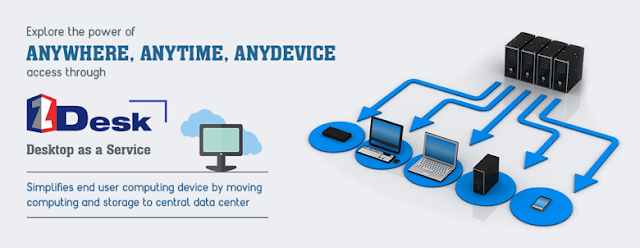Blockchain for Cybersecurity - GAVS Technologies
There is a significant amount of data that can be stored and then accessed on a blockchain. This information is stored in a distributed ledger, which ensures that it remains safe from all sorts of cybercrime.
Blockchain technology has been introduced to the cyber security sector as an important technology for promoting trust and transparency in transactions. In addition to this, it also reduces the time taken to validate transactions since it does not require human intervention.
Blockchain has the potential to solve many cyber security concerns. The cryptographic principles employed by blockchain are instrumental in protecting sensitive data, as well as preventing malicious attacks.
By implementing cybersecurity and compliance services, organizations can protect their data from external threats, while also complying with regulatory standards. The benefits of blockchain cannot be overstated when it comes to cyber security.
Blockchain technology has become a revolutionary force in the digital world. Blockchain is a distributed ledger that maintains records of transactions. The general idea behind blockchain is that it can be used to store any kind of data, not just financial transactions. The data on the blockchain is public and verifiable but secured with cryptography.
Typically, blocks within the blockchain are linked together cryptographically through hashes and it requires an amount of computing power to break these links between blocks. But if there's no link between two blocks, then all you need to do is change one small detail (such as an email address) on one block and this will change all subsequent blocks in the chain without altering their content.
Data encryption
The data inside a blockchain is encrypted and is virtually impossible to hack, as the encryption key is never accessed by outside parties.
The first and most important security feature of a blockchain network is its decentralized nature. This means that there is no centralized point that stores information in the network.
To prevent data from being breached, blockchain has been designed so that all transactions are encrypted before they are added to the record.
In a nutshell, the cryptographic algorithm encrypts the transaction data so that it cannot be read by anyone other than those who have a key. And only those with a specific key can write or read what has been encrypted.
Traceability
With blockchain technology, we can finally say goodbye to the process of data manipulation and right-hand men. Blockchain provides an unprecedented level of traceability and transparency to the data, which can be applied in various industries like healthcare and supply chain management.
Confidentiality
Confidentiality in the blockchain is a vital factor that needs to be considered when developing a blockchain-based application. This section will give a brief overview of what confidentiality means in the context of blockchains and how it can be achieved while preserving the properties of blockchains.
The three main types of confidentiality in blockchain are:
- Confidential transactions,
- Confidential data,
- Secure information exchange.
The first type which is confidential transactions is available in some cryptocurrencies. The second type which is confidential data can be achieved by encrypting or hashing sensitive data. This guarantees that nobody can access the information without the correct key. The last type which is secure information exchange ensures that exchanges of digital assets between parties are private and secure.
The impact of cyber security threats on the world today is astonishing. It can affect anything from individual user data to government secrets. With so much at stake, it's no wonder cybersecurity has become a top priority for businesses, governments, and organizations across all industry sectors. Unfortunately, there are limitations in current cybersecurity defences that make it nearly impossible to maintain complete protection against these threats.
Blockchain technology may provide an answer to this seemingly insurmountable challenge. Blockchain technology offers an immutable public ledger that records all transactions in chronological order and stores them across a global network of computers (known as nodes). Because data stored on Blockchain cannot be altered or hacked without invalidating the record.




Comments
Post a Comment